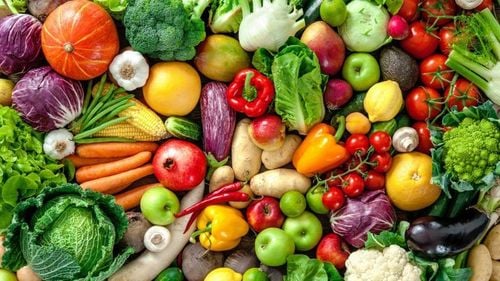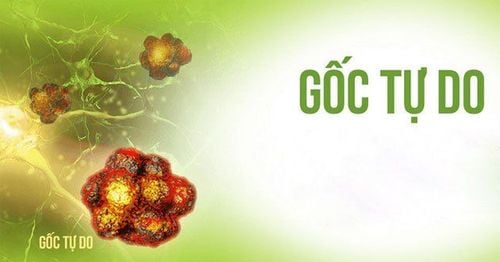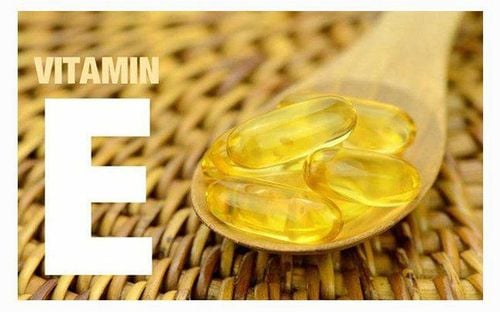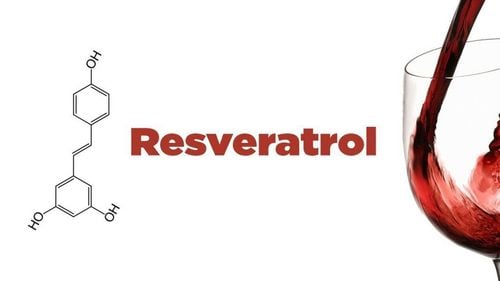This is an automatically translated article.
Nitrates and nitrites are natural compounds found in the human body and some vegetables. Manufacturers also add these ingredients to processed foods like bacon to preserve them longer. So how do nitrates and nitrites in food affect health?
1. What are nitrites and nitrates in food?
Nitrate has the chemical formula NO3 and nitrite has the chemical formula NO2. Nitrates are relatively inert, which means they are stable, unlikely to change and cause harm. However, bacteria in the mouth or enzymes in the body can convert nitrates into nitrites, which can be harmful. Even so, nitrites can turn into nitric oxide, which is beneficial for the body, or nitrosamines, which can be harmful.
Manufacturers have added nitrites to meat to preserve meat longer. That's why cured meats are pink or red. In meat, nitrite turns into nitric oxide. This substance reacts with the proteins in the meat, thereby changing the color and helping to preserve the meat. And without nitrites or other additives, the meat will quickly turn brown.
Trắc nghiệm: Muối trong thực phẩm, natri, huyết áp và sức khỏe của bạn
Muối, natri là chất khoáng cần thiết cho cơ thể để duy trì hoạt động ổn định. Tuy nhiên, chế độ ăn thừa muối có nguy cơ cao dẫn tới các vấn đề sức khỏe nghiêm trọng. Cùng làm bài trắc nghiệm sau đây để hiểu hơn về những ảnh hưởng của các khoáng chất này tới huyết áp và sức khỏe bạn thế nào nhé.
Nguồn tham khảo: webmd.com
2. Where are nitrates and nitrites found?
Food manufacturers often add nitrates and nitrites to processed meats such as bacon and hot dogs. They have the following effects:
Prevent the growth of many harmful bacteria; Adds a salty taste to the meat; Gives the meat a red or pink color. Eating a lot of processed meat may increase the risk of gastrointestinal cancer. However, nitrites and nitrates are also a natural component in vegetables, which may reduce the risk of certain types of cancer and other diseases. In fact, according to one study, each person gets about 80% of dietary nitrates from vegetables. Specifically, plants absorb sodium nitrate from the soil. Vegetables high in sodium nitrate include spinach, turnips, lettuce, carrots, celery, cabbage, and beets.
The body can also produce nitrates and secrete into saliva. Nitrates and nitrites circulate from the digestive system into the bloodstream, into the saliva, and back into the digestive system. They can be beneficial for keeping the body healthy (because they act as an antibacterial in the digestive system). They can help kill bacteria like Salmonella.
Nitrates also occur naturally in water. In some areas, the use of fertilizers can cause the water to be high in nitrates, which can be harmful to children.
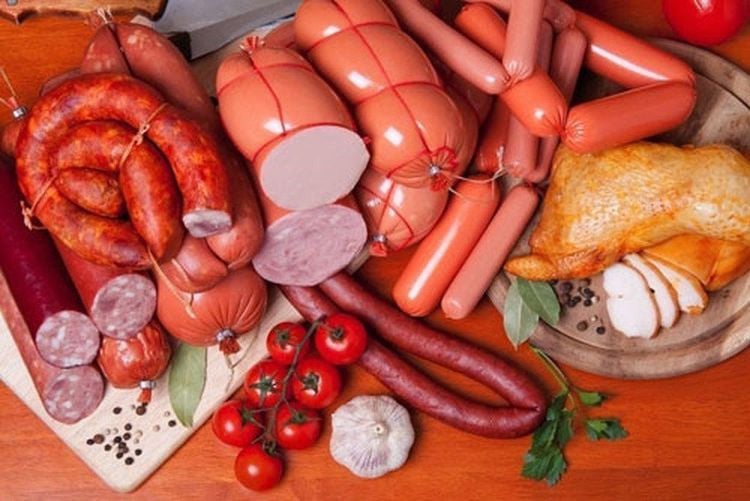
3. Benefits of nitrates and nitrites
3.1 With blood pressure and heart health In some cases, nitrates and nitrites can transform into nitric oxide - an important molecule that performs many different functions in the body. This is a signaling molecule, which travels through the artery wall and sends a signal to the small muscle cells around the artery, allowing them to relax. When these cells relax, blood vessels dilate and blood pressure drops.
Nitrite and nitrate in food when converted into nitric oxide help lower blood pressure. Studies have shown that foods high in nitrates and nitrites like beets or beetroot juice can lower blood pressure.
Nitroglycerin is a medicine that contains nitrates. Doctors use it to treat heart failure and a number of other conditions. Nitroglycerin can prevent or help treat angina - a type of chest pain that occurs when the heart muscle doesn't get enough oxygen due to low blood flow.
3.2 Enhance Body Performance Studies have shown that nitrates can enhance physical performance, especially during intense endurance training. Some people use beets or beetroot juice for this purpose because they contain high levels of nitrates. This is because nitrates increase the efficiency of mitochondria (the parts of cells that produce energy).
4. Risks when using foods with nitrates and nitrites
Nitrates and nitrites are compounds essential to health. However, they can become dangerous if they form nitrosamines. If foods containing nitrates or nitrites are processed at high temperatures, nitrosamines can form. There are different types of nitrosamines, and some can increase the risk of cancer.
Nitrosamine is one of the main carcinogens found in cigarette smoke. In addition, bacon, hot dogs, and processed meats can be high in sodium nitrite, a type of salt found in foods. They are also high in protein (made up of amino acids). When exposed to high temperatures, they form nitrosamines. However, when cooked vegetables are less likely to produce nitrosamines. Some studies have shown that consuming high levels of sodium nitrate is associated with an increased risk of colorectal cancer, leukemia, non-Hodgkin lymphoma, heart disease, ovarian, stomach, esophageal, and glandular cancers. pancreas and thyroid gland.

5. How to reduce nitrosamine consumption
Food manufacturers must limit the amount of nitrite they use in meat, processed foods because of the adverse effects of nitrosamines. In addition, they must also add vitamin C - an inhibitor of the formation of nitrosamines in food. Therefore, processed meat today contains less nitrite than it did a few decades ago. You can also reduce your risk of consuming nitrosamines by making food choices when you shop. Some manufacturers offer nitrate-free bacon. At the same time, you should fry and cook processed meat at a lower temperature to avoid burning. Several studies show that microwaved bacon is the best way to minimize nitrosamine formation.
Because nitrate is a preservative, processed meats that are low in nitrates usually don't keep for long. Therefore, you can preserve meat longer by freezing them.
In addition, you should prioritize eating organic foods to avoid absorbing too much nitrate. Organic foods are not grown with synthetic nitrogen fertilizers, which in turn do not increase the nitrate content of the crop. At the same time, you should increase antioxidant-rich foods rich in vitamin C to reduce nitrate metabolism.
Nitrates and nitrites in foods are beneficial when converted to nitric oxide (lower blood pressure, improve physical performance) or harmful when converted to nitrosamines (cancer risk). Therefore, users need to carefully study food labels before buying and preparing foods properly, to avoid consuming too much nitrosamine.
Please dial HOTLINE for more information or register for an appointment HERE. Download MyVinmec app to make appointments faster and to manage your bookings easily.
References: healthline.com, ncbi.nlm.nih.gov



